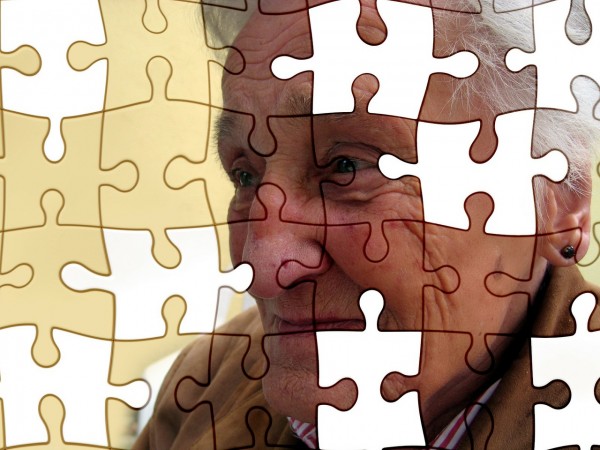Understanding Lewy Body Dementia, the Disease Robin Williams Suffered
Robin Williams suffered from Lewy body dementia, which was only learned by his family after his death. Since Alzheimer's and Parkinson's disease share early similarities to other neurodegenerative diseases, it is often misdiagnosed.
Lewy body dementia (LBD) is a disease where there are abnormal deposits of a protein called alpha-synuclein presence in some classic areas of the brain. These deposits, called Lewy bodies, affect brain chemistry, which results in problems with thinking, movement, behavior, and mood.
When functioning correctly, alpha-synuclein is responsible for sending synapses where brain cells can communicate with each other. In cases of Lewy body dementia, these alpha-synuclein forms masses and cause severe consequences. The result is widespread damage to specific brain regions and a decline in abilities affecting those regions.
Lewy body dementias - which include both Lewy body dementia and Parkinson's disease dementia - are the second most common form of dementia after Alzheimer's disease. This affects about 1.4 million Americans worldwide, according to the Lewy Body Dementia Association.
READ: Evolutionary Geneticist Receives $1.8 Million Grant to Examine 'Jumping Genes'
What are Lewy Bodies?
Lewy bodies are named after Dr. Friederich Lewy, a German neurologist who discovered abnormal protein deposits in the brain of people with Parkinson's disease in the year 1912. These abnormal deposits are now referred to as "Lewy bodies."
Robin Williams had been diagnosed with Parkinson's disease in 2013. It wasn't only until his autopsy that his widow, Susan Schneider Williams, learned what he had was LBD.
According to Schneider Williams, as shown in Robin's Wish documentary, "Nearly every region of his brain was under attack. He experienced himself disintegrating."
Lewy Body Dementia is a disease that's difficult to diagnose due to its wide range of seemingly unrelated symptoms. This progressive type of dementia has a quick progression and can lead to increasingly disturbing mental and physical symptoms.
Diagnosis
People with LBD show a decline in cognitive ability, which may somewhat resemble Alzheimer's disease. But as the disease progresses, they will show more distinctive symptoms that suggest dementia with Lewy bodies.
The most common symptoms of LBD include changes in cognition, movement, sleep, behavior, visual hallucinations, and ability to control standard bodily functions such as urinating.
Because Lewy body proteins cannot be tested, unlike that in Alzheimer's proteins, most cases of LBD are often diagnosed for something else. Or this can also be done postmortem when the family requests an autopsy.
Coping with LBD
While Lewy body dementia (LBD) has no known way of prevention or cure as of this moment, some symptoms can respond to treatment for a while.
A comprehensive treatment plan may include medications, physical and other types of therapy, and counseling. Making changes at home to make it safer, adding equipment to aid in everyday tasks, and seeking social support is also important.
It's possible that the same health practices when it comes to diet, sleep, and exercise that have been found to be helpful in mitigating symptoms of Alzheimer's and Parkinson's diseases might also help people with LBD.
For patients and families who are seeking support and guidance, the Lewy Body Dementia Association is equipped with such resources.
FIND OUT MORE: 5 Ways Retirement Residences Promote Healthy Eating Habits
Check out more news and information on Mental Health on MD News Daily.
Sep 01, 2020 10:34 PM EDT






